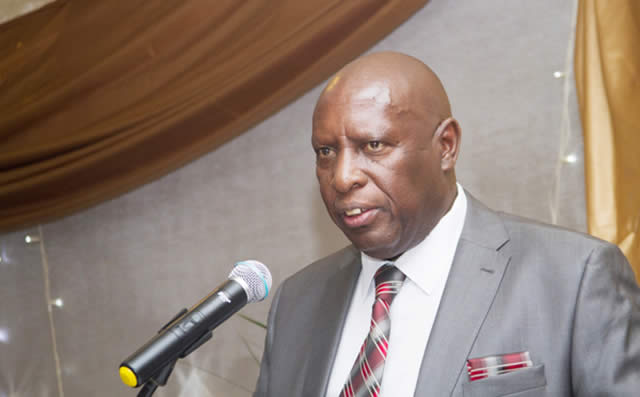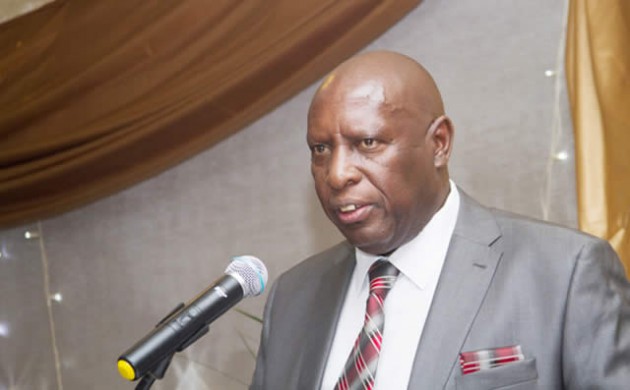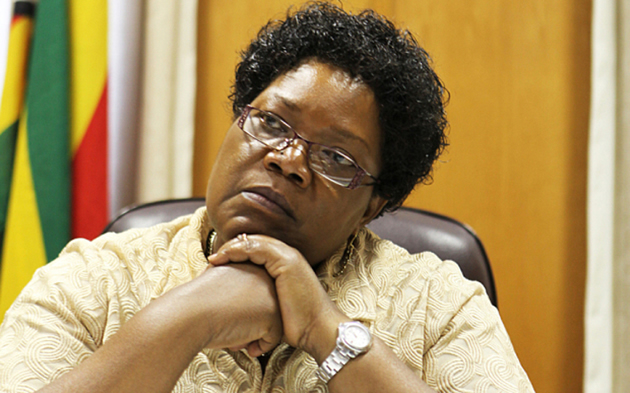‘Youths must venture into energy projects’

Business Reporter
ENERGY and Power Development Minister Samuel Undenge says youths must venture into renewable energy projects to help resolve power deficits. Minister Undenge’s plea comes at a time the country is facing power crisis that has had debilitating effect on Zimbabwe’s economic and domestic activity. Zimbabwe requires an average of 2 200 megawatts at peak periods of demand for power, but can only generate about 900MW due to limited generation.
The country’s generation capacity has been further constrained by falling water levels in Kariba Dam, from which Kariba South hydro power station draws water and low output at the outdated Hwange Thermal Power Station. The energy minister told delegates attending the official launch of the Green Innovations Hub (GiHUB Project) in Harare recently that clean and affordable energy was the key in order to achieve a sustainable future for Zimbabwe.
“Therefore, I am calling upon youths to take advantage of this unique opportunity to contribute to ending energy poverty, and the nation at large to support this noble initiative, grow it and make it a success,” the minister said.
This comes as the Zimbabwe Energy Regulatory Authority has issued over 20 licences to independent power producers to address the power crisis. Youthful Harare businessman and Intratrek Zimbabwe managing director Mr Wicknell Chivhayo has already seized the opportunity after his company recently clinched multimillion dollar renewable energy (solar power) project.
Intratrek has partnered the world’s biggest manufacturer of solar panels, CHiNT Electric Co. Ltd of China for the construction of one of Zimbabwe’s first three large-scale ground-mounted solar power plants with capacity for 300MW.
It is expected that Chinese President Xi Jinping’s recent State to Zimbabwe would see greater cooperation in the field of renewable energy. China is home to some of the world’s biggest solar projects.
Unicef and Development Reality Institute’s GiHUB project will provide funding to young people to run projects that address energy challenges, with focus on smart energy, such as solar, biogas and hydropower among others.
Speaking at the launch event, Unicef’s Amy Wickham said the GiHUB project comes at an opportune time of growing incidence of reports of climate change and environmental degradation affecting young people in Zimbabwe.
She said that Zimbabwe is experiencing steady growth in energy demand but access has remained limited as only 40 percent have it in towns and 19 percent have power in rural areas, a situation which needs to be addressed.












Comments